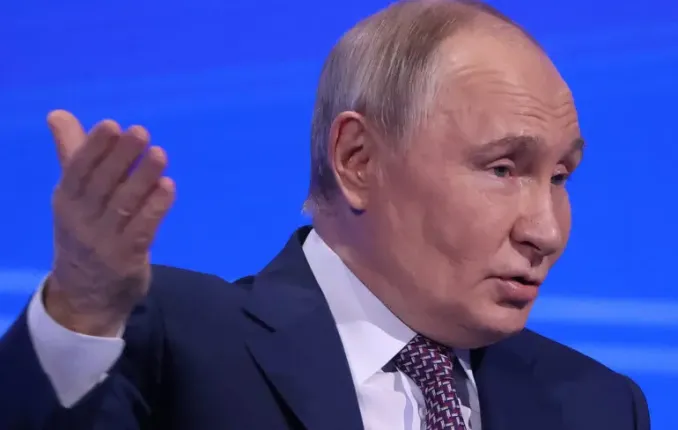Putin’s New War Strategy: How the Kremlin Penetrates Democracies Through Social Media and Politics

In 2022, the world witnessed one of the largest military aggressions — Russia's invasion of Ukraine, resulting in widespread destruction, human tragedies, and significant shifts in the geopolitical landscape of Europe and beyond. However, alongside traditional warfare, the Kremlin actively develops new forms of influence and destabilization — cyber manipulations, propaganda, interference in domestic political processes, especially through social media platforms. By 2024, Russia had been criticized again for meddling in the political situation in Romania, where using manipulations, bribery, and large-scale information campaigns on TikTok, Telegram, and other social networks, Moscow aims to expand its influence in the region and sow discord in stable democracies. Analysis indicates that these actions aim to undermine trust in Western institutions and promote pro-Putin political candidates willing to serve Kremlin interests and destabilize NATO and the EU unity. Prominent US ambassadors, who have long served in the region, warn: this modern non-military warfare poses a dangerous challenge to democracy. They emphasize that the example of Romania shows how crucial it is to respond quickly and decisively to interference to prevent Kremlin's perceived victories. Virtual attacks and political manipulation are now new frontlines in the battle for minds and hearts. Ukraine and other countries must stay alert as Putin's war continues beyond the battlefield — in cyber and information wars. Remember: the fight for democracy is not only about weapons but also about truthful information, which Moscow tries to replace with lies to destroy unity and freedom.

